Entry Type: Place - Starting with W
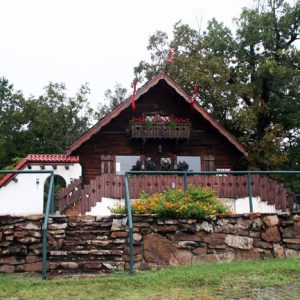 Wiederkehr Wine Cellars
Wiederkehr Wine Cellars
 Wiederkehr Wine Cellar
Wiederkehr Wine Cellar
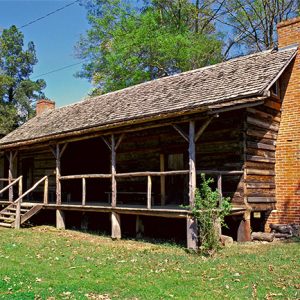 Wiggins Cabin
Wiggins Cabin
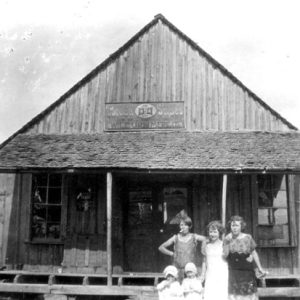 Wilburn General Store
Wilburn General Store
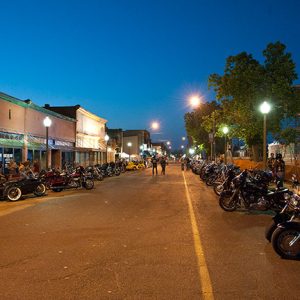 Wild Hog Festival
Wild Hog Festival
Wildwood Park for the Arts
William Frazier House
aka: Frog Level
William J. Clinton Presidential Center and Park
aka: Clinton Library
William Looney Tavern
aka: Looney-French House
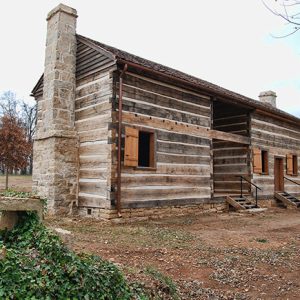 William Looney Tavern
William Looney Tavern
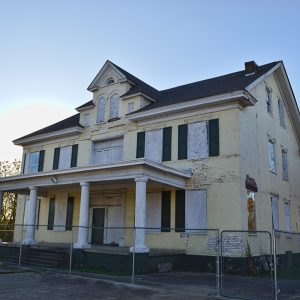 Woodruff House
Woodruff House
 Woodruff House Detail
Woodruff House Detail
 Williams Baptist College Fine Arts Building
Williams Baptist College Fine Arts Building
Williams Baptist University
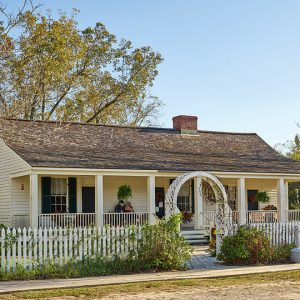 Williams Tavern Restaurant
Williams Tavern Restaurant
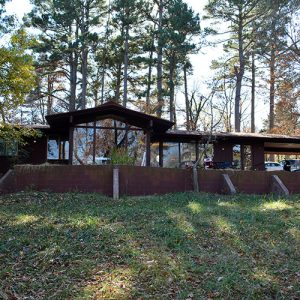 John G. Williams House No. 2
John G. Williams House No. 2
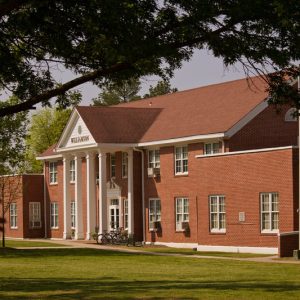 Williamson Hall
Williamson Hall
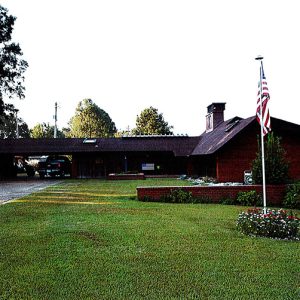 Williamson House
Williamson House
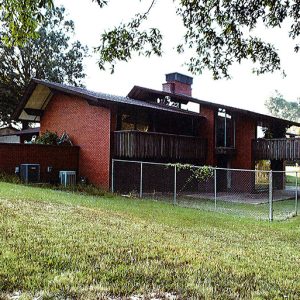 Williamson House Rear View
Williamson House Rear View
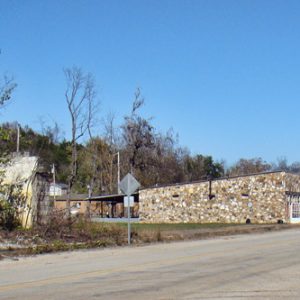 Williford Business District
Williford Business District
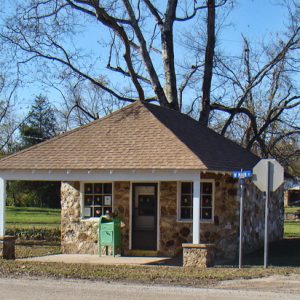 Williford Library
Williford Library
Williford (Sharp County)
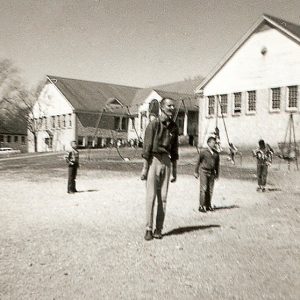 Williford School
Williford School
 Williford Library
Williford Library
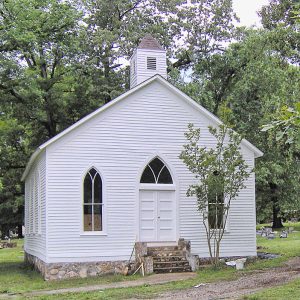 Williford Methodist Church after Restoration
Williford Methodist Church after Restoration
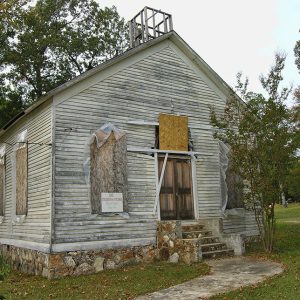 Williford Methodist Church before Restoration
Williford Methodist Church before Restoration
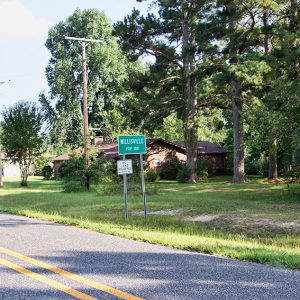 Willisville
Willisville
Willisville (Nevada County)
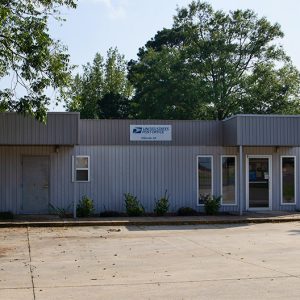 Willisville Post Office
Willisville Post Office
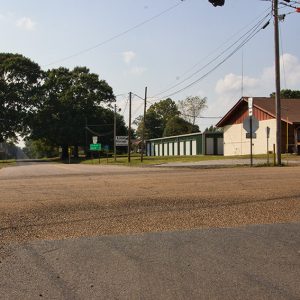 Willisville Street Scene
Willisville Street Scene
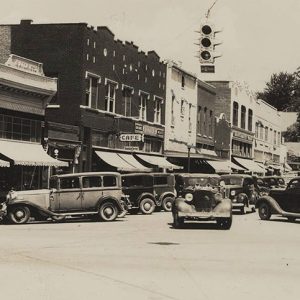 Willow Street
Willow Street
Wilmar (Drew County)
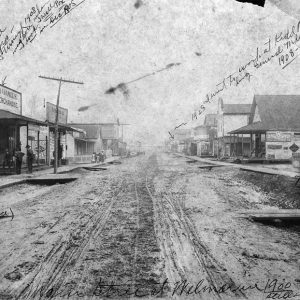 Wilmar Street Scene
Wilmar Street Scene
Wilmot (Ashley County)
Wilson (Mississippi County)
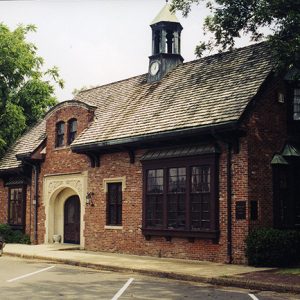 Wilson
Wilson
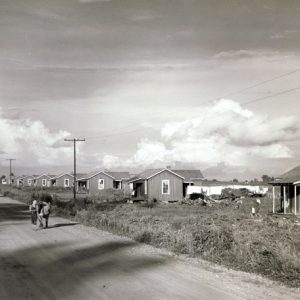 Wilson
Wilson
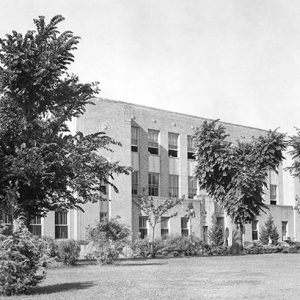 Wilson Hall
Wilson Hall
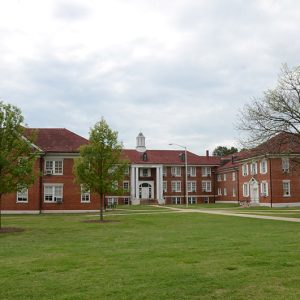 Wilson Hall
Wilson Hall
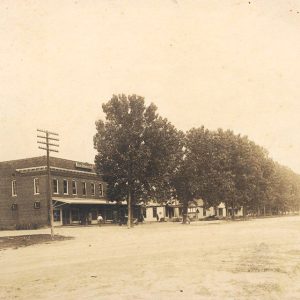 Wilson Street Scene
Wilson Street Scene
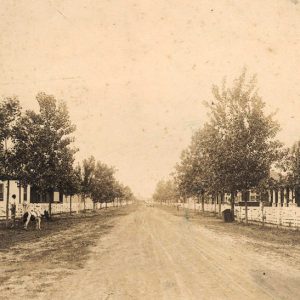 Wilson Street Scene
Wilson Street Scene
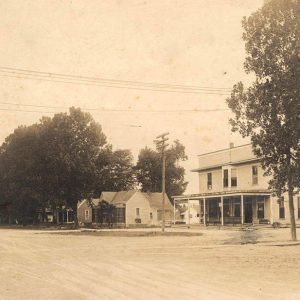 Wilson Street Scene
Wilson Street Scene
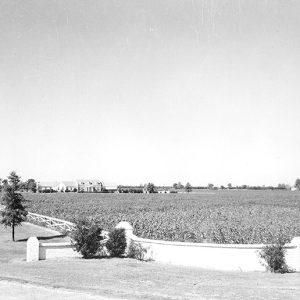 Wilson Plantation
Wilson Plantation
Wilton (Little River County)
Winchester (Drew County)
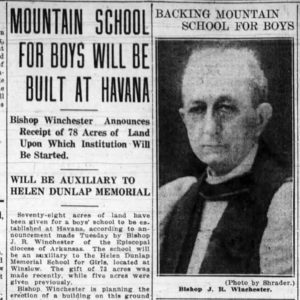 Winchester School Opening
Winchester School Opening
 Winding Staircase
Winding Staircase
 Window
Window
 Winery Tank Room
Winery Tank Room




